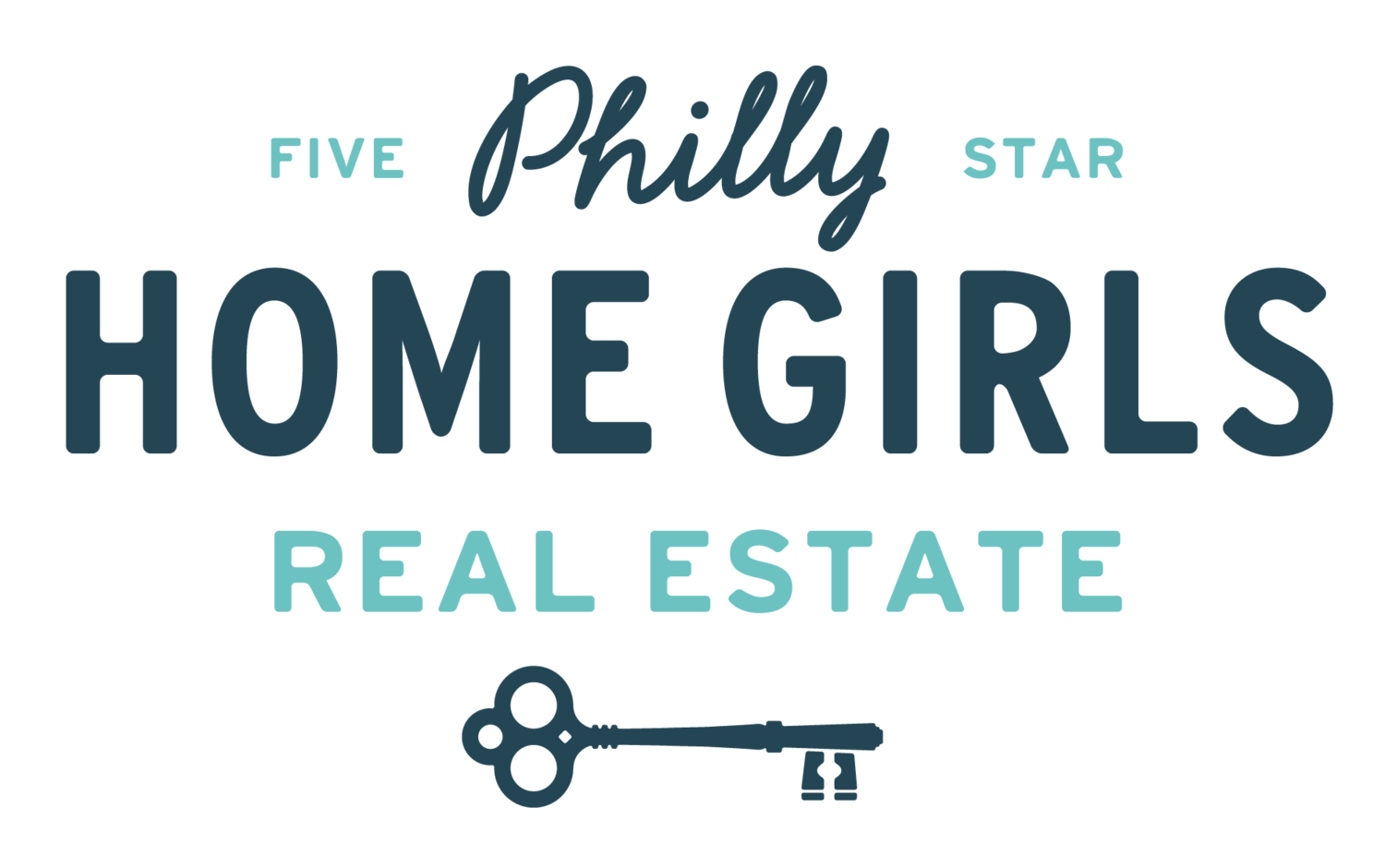Learning to save with a Modest Bank Account
Saving money is hard. A first-time home buyer might try to save as much as $30,000 for a down payment and closing costs. For many, this means sacrificing on cafe lattes, dinners out, vacations, and new clothes. And it’s not just for a new home. People save to pay off credit card debt and restore low credit scores. Young professionals save to pay off student loans. Are you saving for your child’s college tuition? Is retirement at age 65 even an option anymore? What’s the status of your 401K?
Maybe a financial planner could help?
Our Philly Home Girls real estate team recently hosted a round table discussion with Megan Kiesel, financial advisor and co-founder of Livelihood. Our team is always on the lookout for additional quality tools to help our clients buy their dream house. When we heard about this local, women-owned, socially conscious business, we had to meet them. Livelihood is a Philly-based financial services firm that bills itself as financial planners offering advice for idealists, dreamers, and skeptics. Megan and co-founder Carey Morgan cut their teeth in the corporate and non-profit financial services arenas. Their mission? Financial planning for regular people with realistic goals.
Only about 4 in 10 American households keep a budget, according to a recent study by U.S. Bank. That means a large majority of people are not keeping track of their finances in any organized fashion. We sat down with Megan and asked her some burning questions about financial planning and how to make the step (or leap) to getting on track.
When do you need a financial planner? Do I have to make a certain amount of money?
A comprehensive financial planner can help you look at all aspects of your financial situation and create a long-term plan to help you meet your goals. They are particularly useful if you have a life transition coming up that may impact your finances, such as moving, changing jobs, having kids or retirement. You can bring one in if you are unsure whether you will be able to meet your financial goals or if you just need a second set of eyes to make sure you are on the right track.
Some financial advisors have minimums and/or really target their services to wealthier clients. But not all. Many firms, like ours, offer hourly and project-based engagements that are more affordable and approachable for people who are not wealthy. To find these kinds of advisors, look on the Advice Only Network and XY Planning Network and search for advisors that offer project, hourly, or retainer models.
What does a "Fee-only fiduciary model" mean?
A fee-only fiduciary financial advisor is one who is only paid through fees from clients. They do not make commissions for selling insurance products or recommending specific investments. The goal of this kind of model is to ensure the financial advisor is incented to give you the best advice possible, as opposed to relying on selling you things to get paid.
What tips do you give people trying to cut spending and/or save money?
You can (within reason) have anything you want, but you probably can’t have everything you want. Set spending limits for yourself and you will quickly (and surprisingly painlessly) learn what you actually WANT to spend money on. There is no judgment. We all get joy from different things. But if your goal is to cut spending so you can save money, then you have to choose between the things that you really enjoy and value and the things that you do not.
Create friction when shopping/purchasing. Take your favorite shopping apps off your phone. Don’t save your credit card on your favorite shopping sites so that you have to re-enter it each time. Turn off one-click ordering. If you know you can’t get out of Target without spending $100, then don’t go to Target! Make it harder to spontaneously shop.
Set it and forget it. Set up a monthly transfer of money from your checking to your savings and then try to forget about it. Too often we transfer money into our savings… but then regularly and spontaneously withdraw it. This does not lead to successful savings.
How can a financial advisor help with buying a home?
I think for a lot of people a financial advisor can help them be wise and objective during the very emotional process of purchasing a home. A financial advisor can help them think through all the costs beyond the down payment and mortgage payment, so they fully understand how a home purchase will impact their day-to-day finances and long-term financial stability.
What is the best advice you've ever been given (in life or business?)
I love this question! This is from my wise mother: The things that are the hardest to say are usually the most important to say. This was originally given to me as marriage advice, but I’ve found that most of my business and personal relationships improve when I follow it.
Next Steps To Get started
With rents on the rise in Philadelphia, if you’re considering a home purchase in the future there’s no better time to consider chatting with a financial manager like Megan. It can also be helpful to grab a cup of coffee with a PHG agent. They can always help you gauge what your homebuying budget is. Lean on your team and get those goals met!












Saving money for a downpayment and closing costs is the # 1 reason people are holding off on purchasing a home. PHG agent Rachel Shaw came up with a trusty list of some of her favorite homebuyer assistance grants and loan programs. With a little help, your dream of owning a home may not be as far off as you thought!